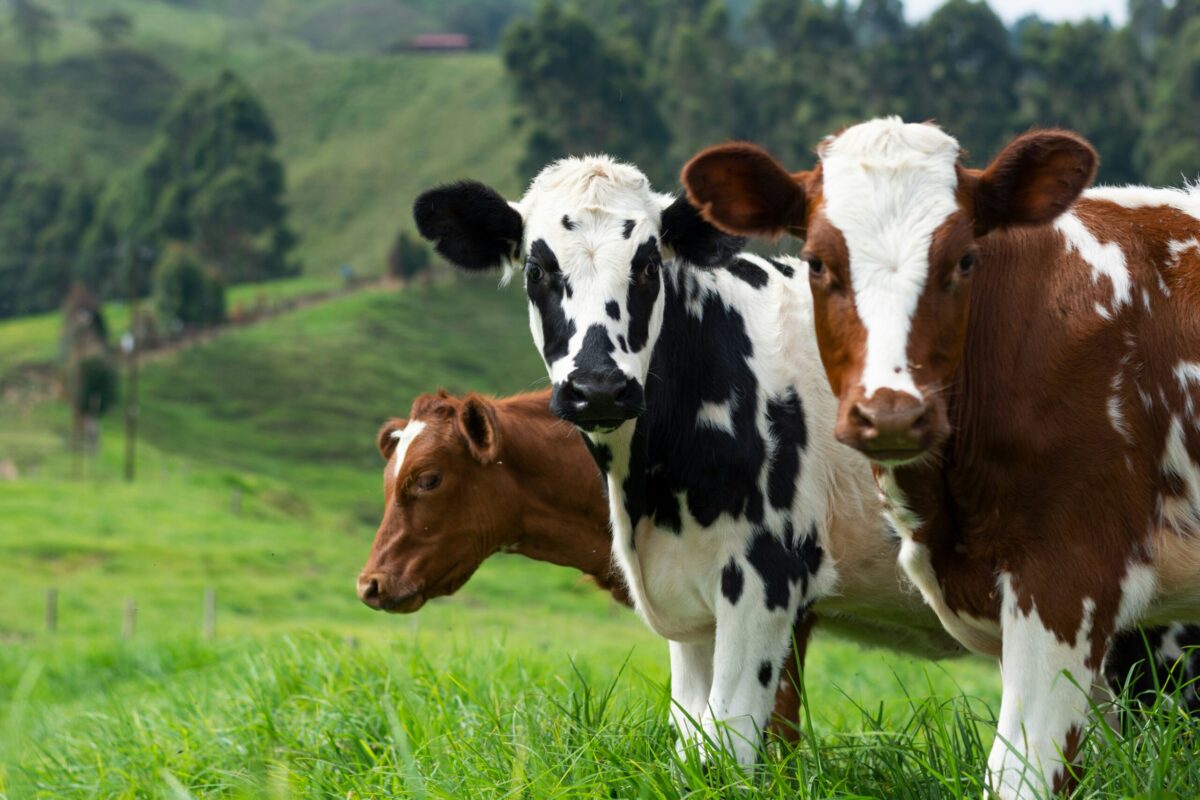
The use of mRNA vaccines in humans during the COVID‑19 pandemic generated an interest in applying this technology to livestock. Although no mRNA vaccines are currently approved for cattle or poultry, significant strides are being made in pigs and other animals. Merck’s SEQUIVITY, the first USDA‑licensed swine vaccine leveraging RNA particle tech, showcases how mRNA platforms can be adapted for veterinary use. The advantages (rapid design, multi-pathogen targeting, and production flexibility) promise to revolutionize disease protection in animal agriculture.
One of the most compelling applications is in combating Porcine Reproductive and Respiratory Syndrome Virus (PRRSV), a costly swine pathogen. Researchers are developing mosaic‑style mRNA vaccines that combine antigenic fragments from multiple strains into a single shot, offering broader immunity than traditional vaccines. Other targets include bovine viral diarrhea and classic swine fever, using mRNA encoding viral proteins such as E2. These strategies could provide greater protection across variants and reduce reliance on live‑attenuated vaccines that carry safety concerns.
Beyond injections, edible vaccines delivered via feed-grade plants or microalgae offer needle-free, stress‑reducing alternatives. Duckweed and edible algae like Chlamydomonas are being engineered to express pathogen antigens, which can potentially offer oral immunization through feed. Early animal trials against avian influenza, mastitis, and tuberculosis show promising immune responses. Moreover, plant-derived extracellular vesicles (EVs) loaded with mRNA have demonstrated oral delivery of SARS‑CoV‑2 mRNA in rodents, suggesting edible mRNA vaccines might soon be viable.
These technologies offer a lot of promise, but they don’t come without their challenges. mRNA vaccines require cold-chain logistics and cost-effective delivery systems. These hurdles could be addressed by self-amplifying RNA (saRNA) strategies, which boost potency with lower doses. Regulatory frameworks are still evolving; current USDA approval extends only to swine RNA vaccines, and strict withdrawal periods ensure no vaccine residue retains in meat. Public concerns about the safety of consuming vaccinated animals persist, though scientific consensus reassures there’s no genetic risk or mRNA persistence in food.
The next few years will be pivotal. Ongoing trials in cattle and poultry, as well as government-funded initiatives (like Australia’s LSD vaccine project), signal momentum. If regulatory and public acceptance keep pace, livestock mRNA vaccines—whether injectable or edible—could drastically enhance animal welfare, reduce zoonotic risks, and contribute to global food security. The future of farm vaccines is evolving from needles to feed bins.
Are you looking for top talent in the Specialty Chemical, Advanced Materials, or Animal Health industry?
Contact us to discuss how we can bring top leadership talent to your team. Boaz Partners is a premier executive search firm focused on the direct recruitment of executives and professionals for the specialty chemicals and animal health space. We are your partner, and our focus is on custom recruiting solutions. Follow the link to learn more about how our animal health recruiters can help you.
References.
